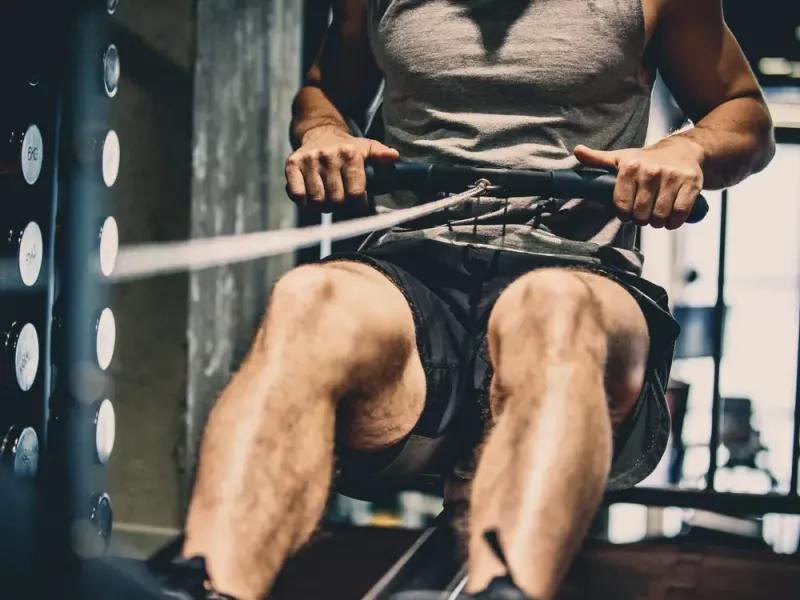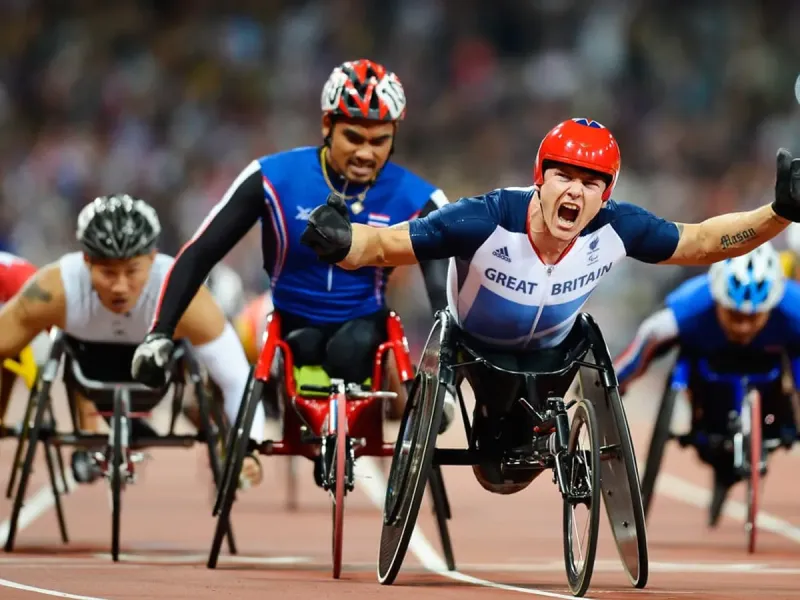Simply put, fasted workouts are exercise routines that take place on an empty stomach. Generally speaking, this involves not eating anywhere from 8 to 12 hours before exercising, but some people choose to fast for only 3 to 6 hours before working out. According to experts at Shape, some research suggests that working out in a fasted state can help you burn more fat than you normally would without fasting.
In fact, a small 2013 study published in The British Journal of Nutrition found that participants who ran on a treadmill in a fasted state burned 20% more fat than those who had eaten breakfast beforehand. That's because your body starts to burn fat for energy when you don't have any available energy from food. As a result, fasting might help facilitate this process. However, fasting can also make you sluggish and lethargic, which could reduce the intensity of your workout sessions.
Which workouts are better to do while fasting?
Because of this, some experts believe fasted workouts are better suited for people with specific workout goals and eating habits. This means that certain types of exercises may work better on an empty stomach than others.
According to Byrdie, one of the best workouts to perform in a fasted state is high-intensity interval training (HIIT). Douglas Smith, the co-founder and CEO of True Nutrition, told Byrdie that cardio involving quick bursts of energy can help you burn more body fat in a shorter period of time. "Shorter bursts of exercise are more efficient in this case, as given a drop in insulin levels, our bodies naturally tap into fat as its main source of fuel," Smith said.
Conversely, some research suggests that fasted workouts are not well-suited for those trying to build muscle mass. That's because it's better to burn glycogen as an energy source rather than fat when it comes to weight training.
Regardless of what type of workout you perform, however, you should consult your doctor before working out in fasted state if you're pregnant or have an underlying medical condition.
Keep in mind that if you do any exercise on an empty stomach, you should eat shortly afterward. This can help your body recover, notes Healthline.




